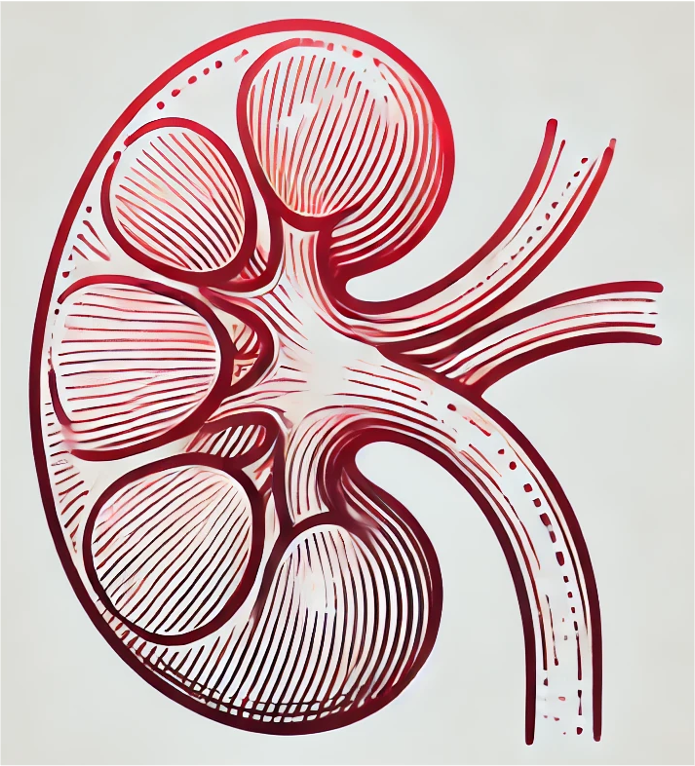Description
Metabolic reprogramming is emerging as a key pathological contributor to the progression of autosomal dominant polycystic kidney disease (ADPKD), but the molecular mechanisms underlying dysregulated cellular metabolism in cystic cells remain elusive. Super-enhancers (SEs) are large clusters of transcriptional enhancers that drive robust expression of cell identity and disease genes. Here, we establish a prominent role for SEs in regulating metabolic gene expression and ADPKD progression. Characterization of cis-acting SE landscapes in cystic renal epithelial cells reveals extensive remodeling of SEs during cystogenesis. Gene ontology analysis indicates that SE-associated transcripts in the metabolic pathway category are most significantly enriched in cystic cells. Cystic cells are highly sensitive to the inhibition of cyclin-dependent kinase 7 (CDK7), a critical component of the trans-acting SE complex. THZ1, a specific CDK7 inhibitor, exerts a potent anti-cystogenesis effect in ADPKD cells and mouse models. Integrative analyses of transcriptomics and SE profiling identify AMP deaminase 3 (AMPD3) as a SE-driven metabolic gene. Up-regulation of AMPD3 in cystic cells results in reduced AMP level and decreased AMPK activity, while inhibition of AMPD3 suppresses cyst development in a zebrafish ADPKD model. In a cohort of ADPKD patients, CDK7 expression is frequently elevated, and its expression is significantly correlated with AMPD3 expression and disease severity. Taken together, our findings elucidate a mechanism by which SE controls metabolic gene transcription during cystogenesis, and identifies SE-driven metabolic reprogramming as a promising therapeutic target for ADPKD treatment.
Overall Design
RNA-sequencing of different conditions: pkd1, null cell lines before and after treatment with THZ1.
Curator
hy_li
